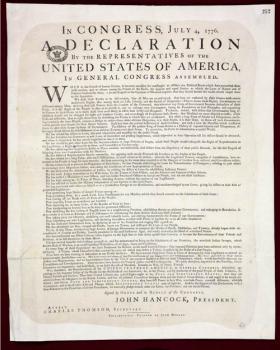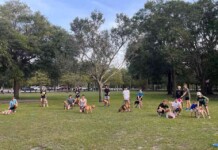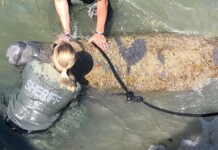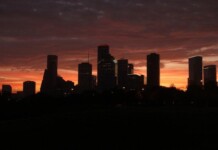 A rare print of America’s Declaration of Independence has been found in England among files at The National Archives outside London.
A rare print of America’s Declaration of Independence has been found in England among files at The National Archives outside London.
Printed on the night of July 4, 1776, it is one of only 26 known copies in the world, called the Dunlap broadside prints, named after John Dunlap, the 29-year-old printer who was charged with the task of printing the document by the Congressional Committee that had drafted its language.
An American carrying out research at The National Archives found the newly discovered print in very good condition while cataloging a box of documents labeled as correspondence from American colonists intercepted by the British in the 18th century.
As of 1989, only 24 copies of the Dunlap broadside were known to exist, until a flea market shopper bought a framed painting for four dollars. While inspecting a tear in the lining behind the painting, the owner discovered a folded Dunlap broadside. It was authenticated by Sotheby’s as the 25th copy of the Declaration and sold at auction for $8.14 million.
Marking the day the final language was adopted, the Dunlap broadsides were then sent across the colonies in the two days following July 4, to be read in town squares from New Hampshire to Georgia. One was sent to George Washington, who directed that the Declaration be read to the troops. Another copy was sent to England.
The original handwritten Declaration, which was presented to Dunlap on July 4 has been lost.
Most historians believe that August 2, 1776 is the date on which most of the 56 delegates added their signatures to the document now on display in the National Archives in Washington, DC, which we have come to know as The Declaration of Independence.
Of the 26 surviving copies of the Dunlap broadside, 21 copies belong to universities (The Lilly Library at Indiana University, Harvard University, Princeton University, Yale University, two copies at the University of Virginia, and Williams College), historical societies, museums (e.g. the American Independence Museum in Exeter, New Hampshire), public libraries and a city hall. The remaining four are in private hands, although promised to public collections.




















[…] Источник: goodnewsnetwork […]
[…] roku 1989 si jeden muž v Pensylvánii kúpil na blšom trhu škatuľu s obrázkami. Keď prišiel domov, škatuľu si dobre prezrel a našiel […]
[…] Source : goodnewsnetwork […]